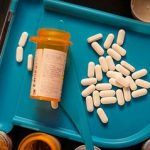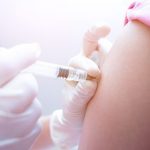
President-elect Joe Biden plans to release nearly all available doses of COVID-19 vaccine when he takes office, reversing the Trump administration’s strategy of holding back half the supply to ensure second doses are available. The potentially risky move is meant to boost a nationwide COVID-19 vaccination program that has gotten off to a slow start, with only about 5.9 million doses administered out of 29.4 million distributed, according to the U.S. Centers for Disease Control and Prevention. “The President-elect believes we must accelerate distribution of the vaccine while continuing to ensure the Americans who need it most get it as soon as possible,” T.J. Ducklo, a spokesperson for Biden’s transition, told CNN. Biden “will share additional details next week on how his administration will begin releasing available doses when he assumes office on January 20th,” Ducklo added. One infectious diseases expert noted that supply is not the only issue hampering the vaccine rollout. “I do think it is important to get all of those out as fast as possible so we can accelerate the process of vaccination,” said Dr. Amesh Adalja, a senior scholar at Johns Hopkins Center for Health Security, in Baltimore. “However, it’s not just an issue of doses, it’s about turning those doses into actual vaccinations, so we do still need more support at the state level to actually implement vaccination programs.… read on > read on >














